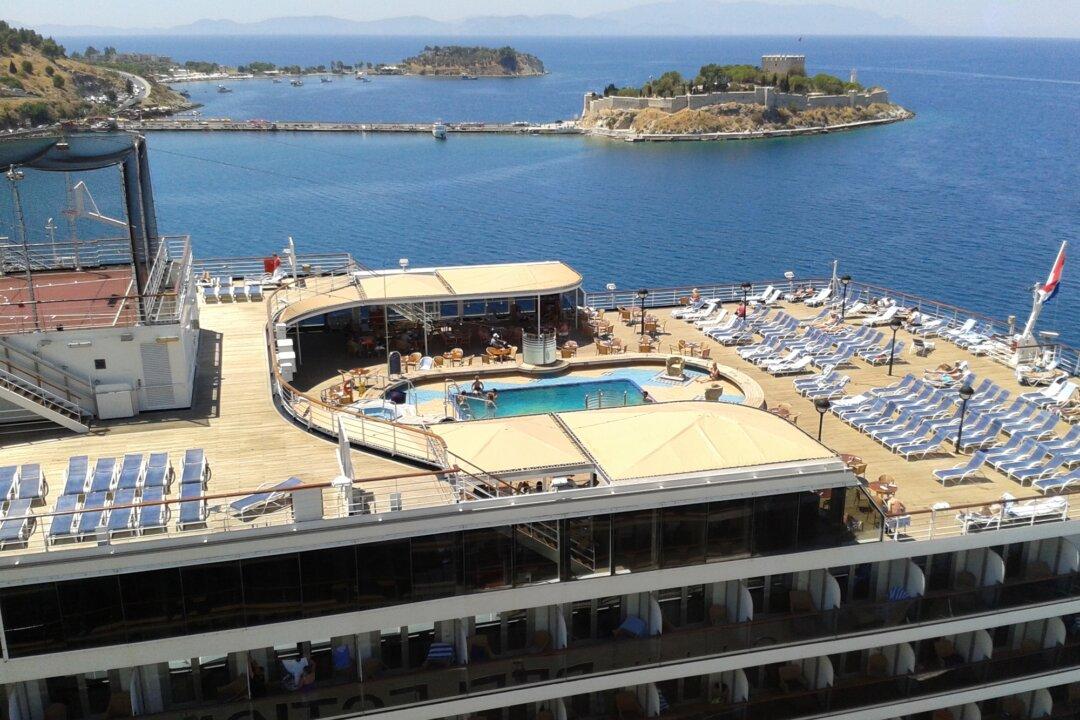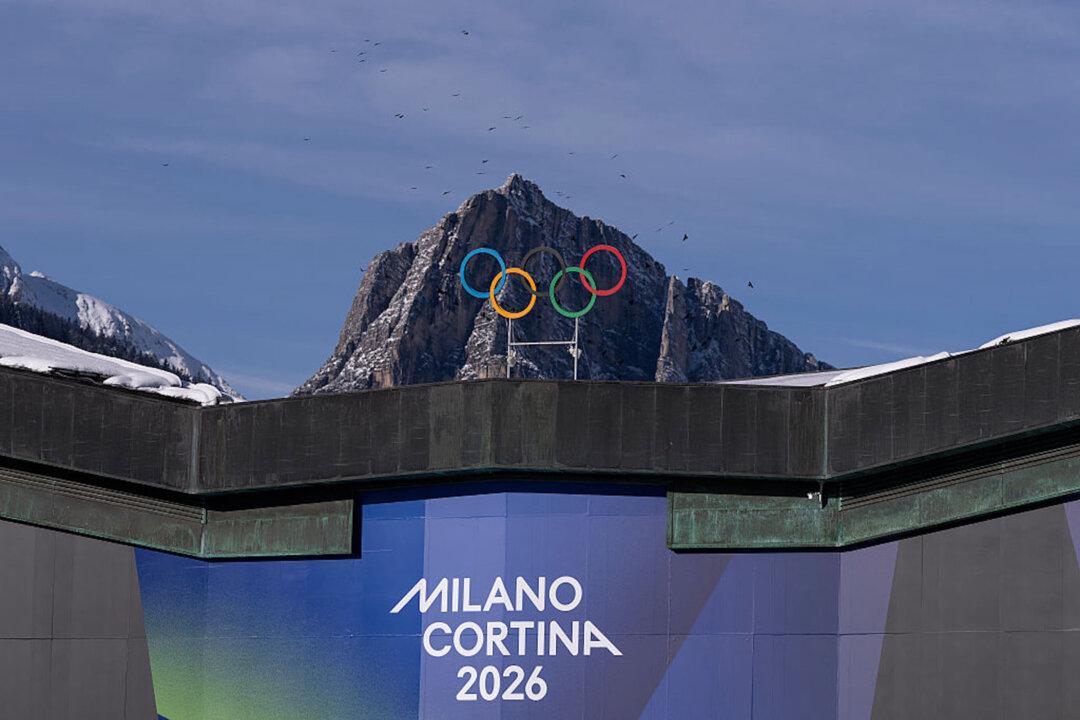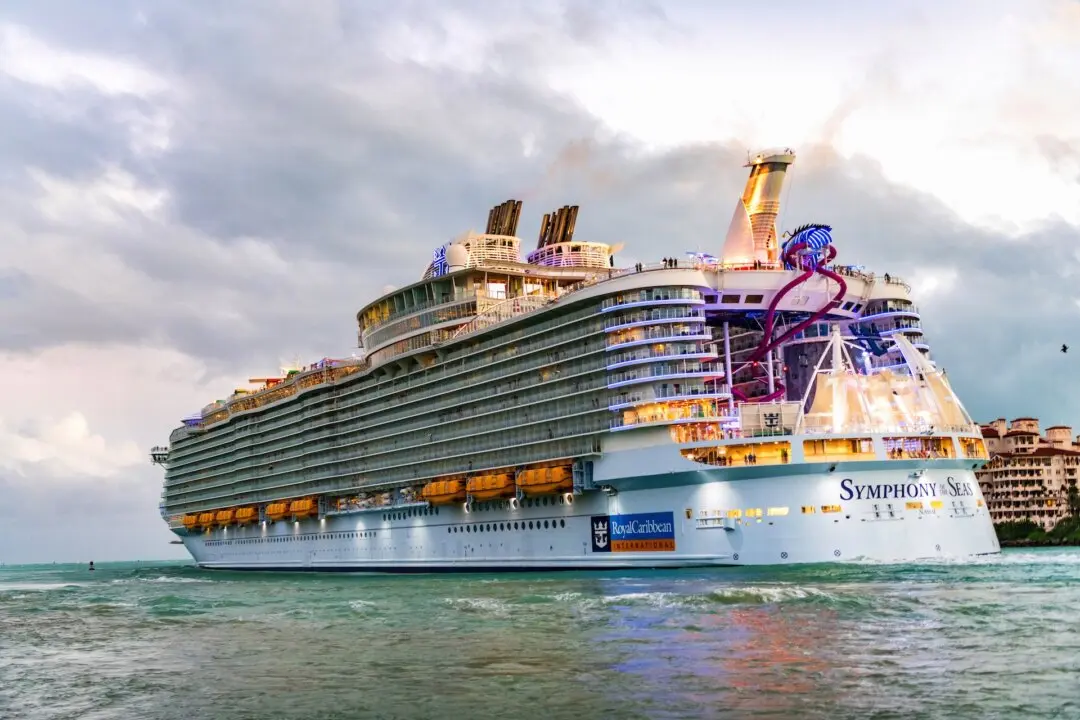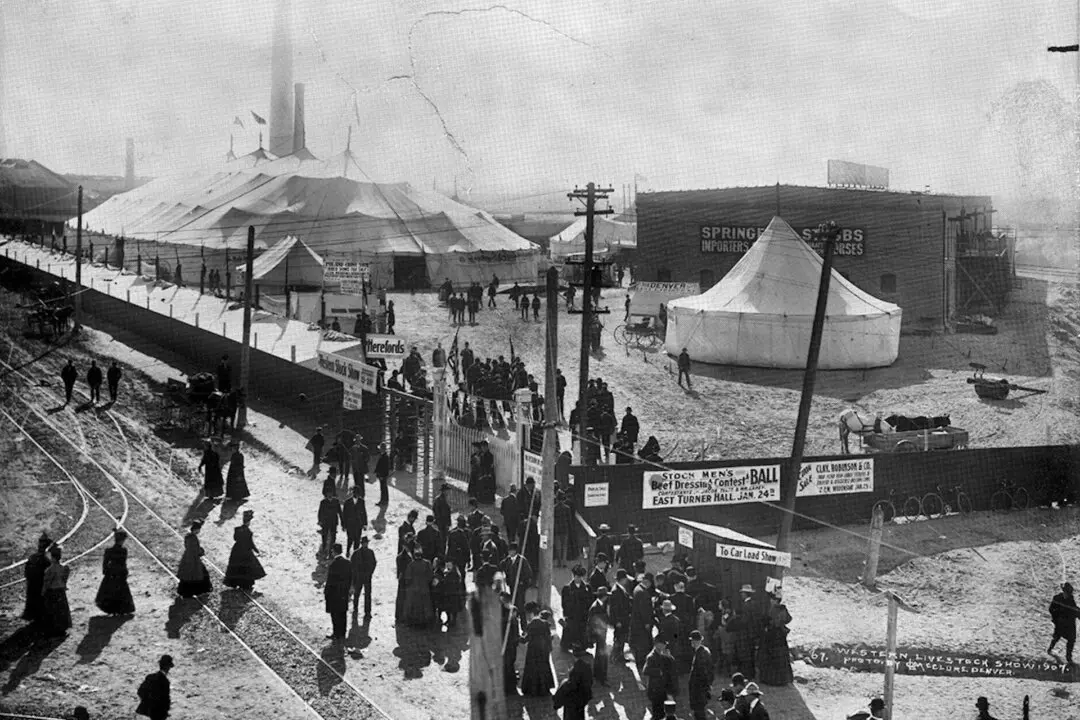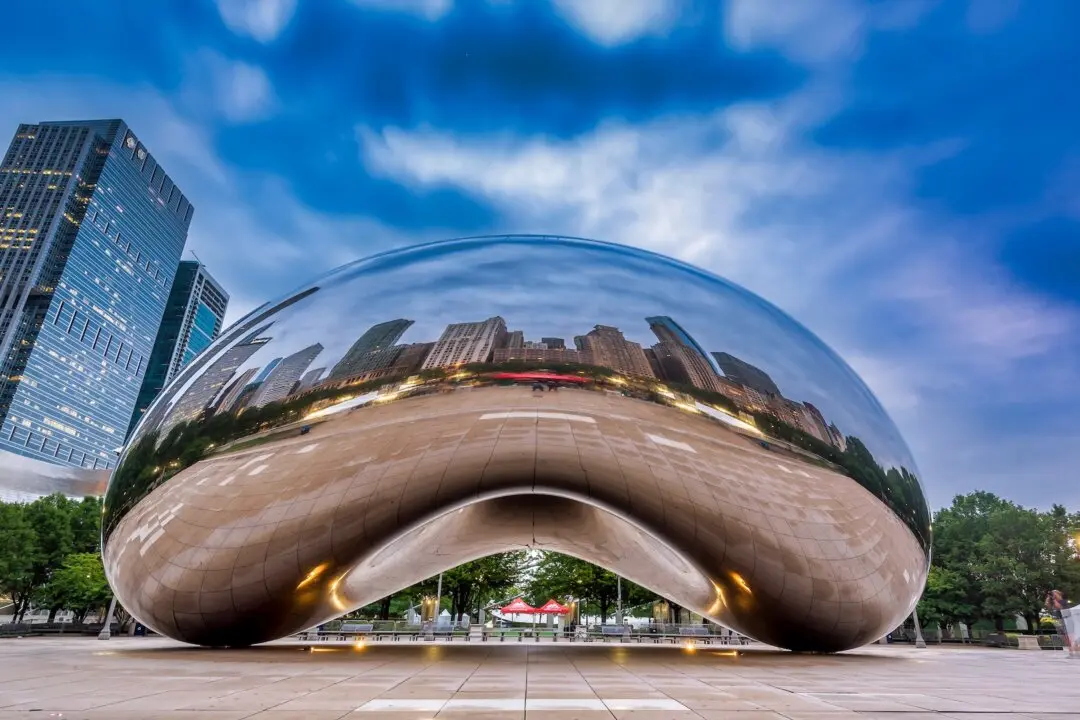Who really needs clean towels and sheets every day on vacation? Ditto for super-long showers.
“The amount of energy and water that travelers use negatively impacts locals far more than they realize,” said Max Shak, founder of SurvivalGearShack.com. “Check with your hotel about how they conserve water and what you can do to minimize your impact.”

